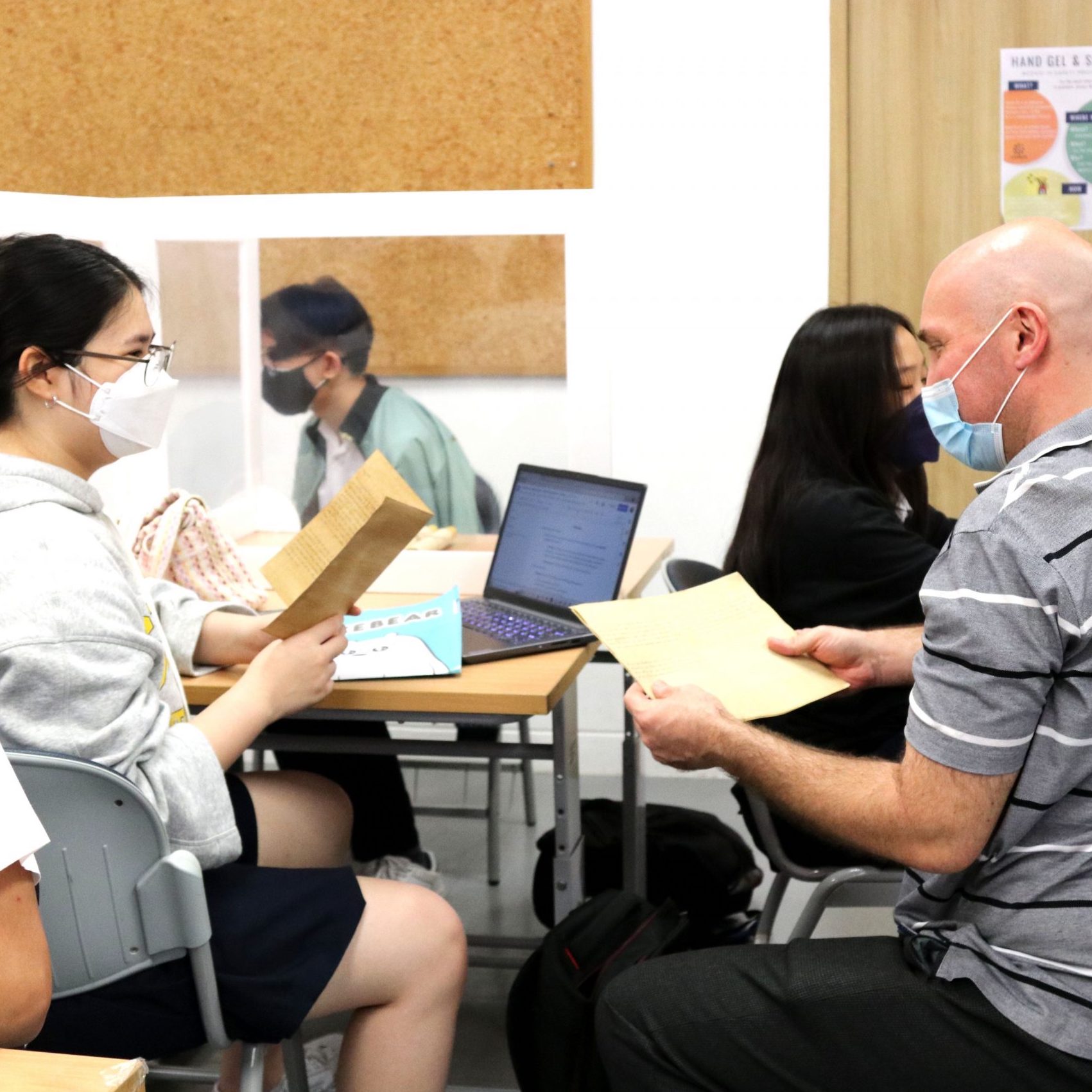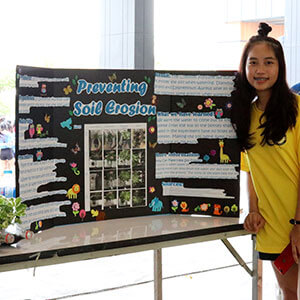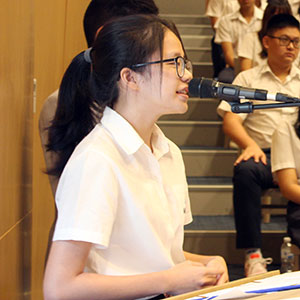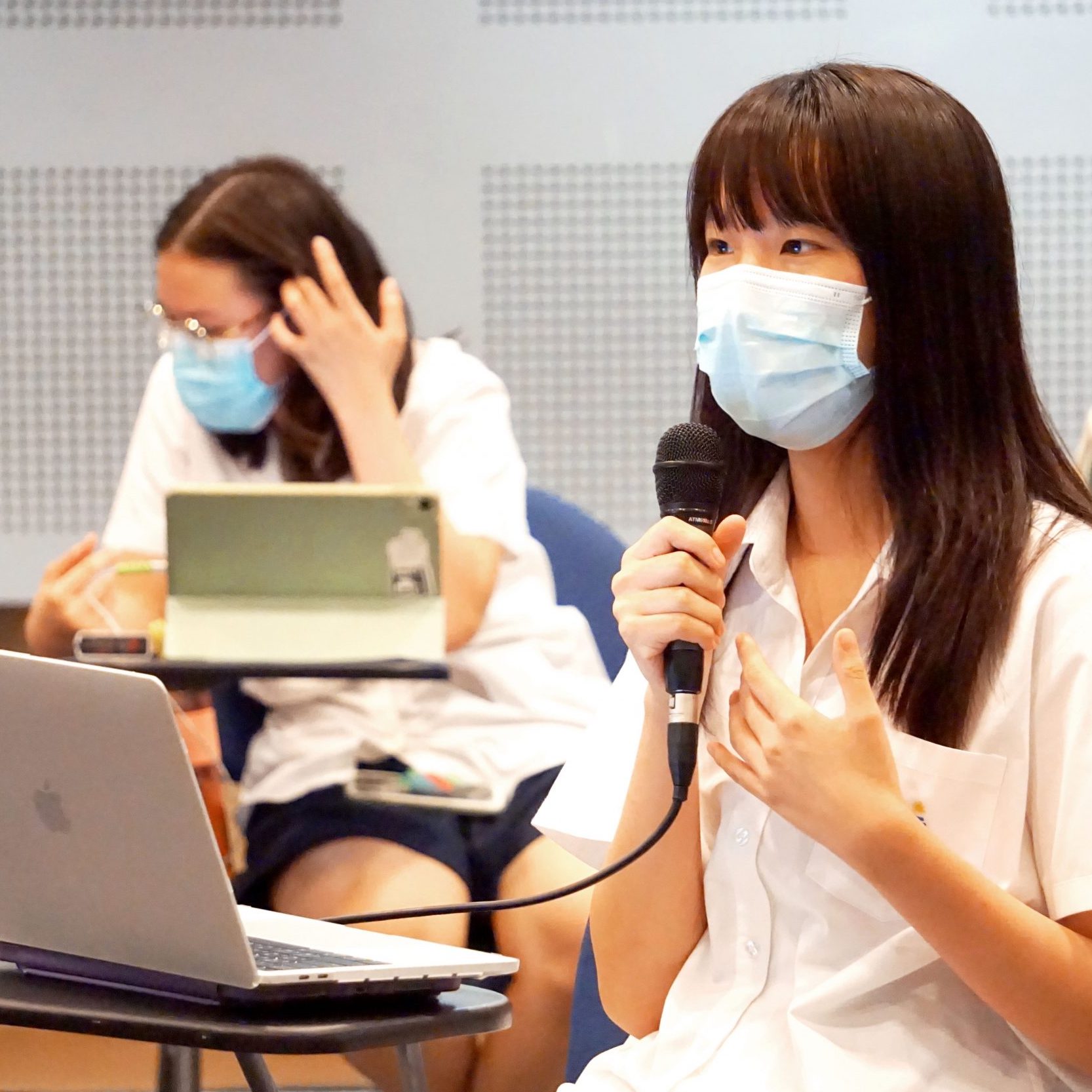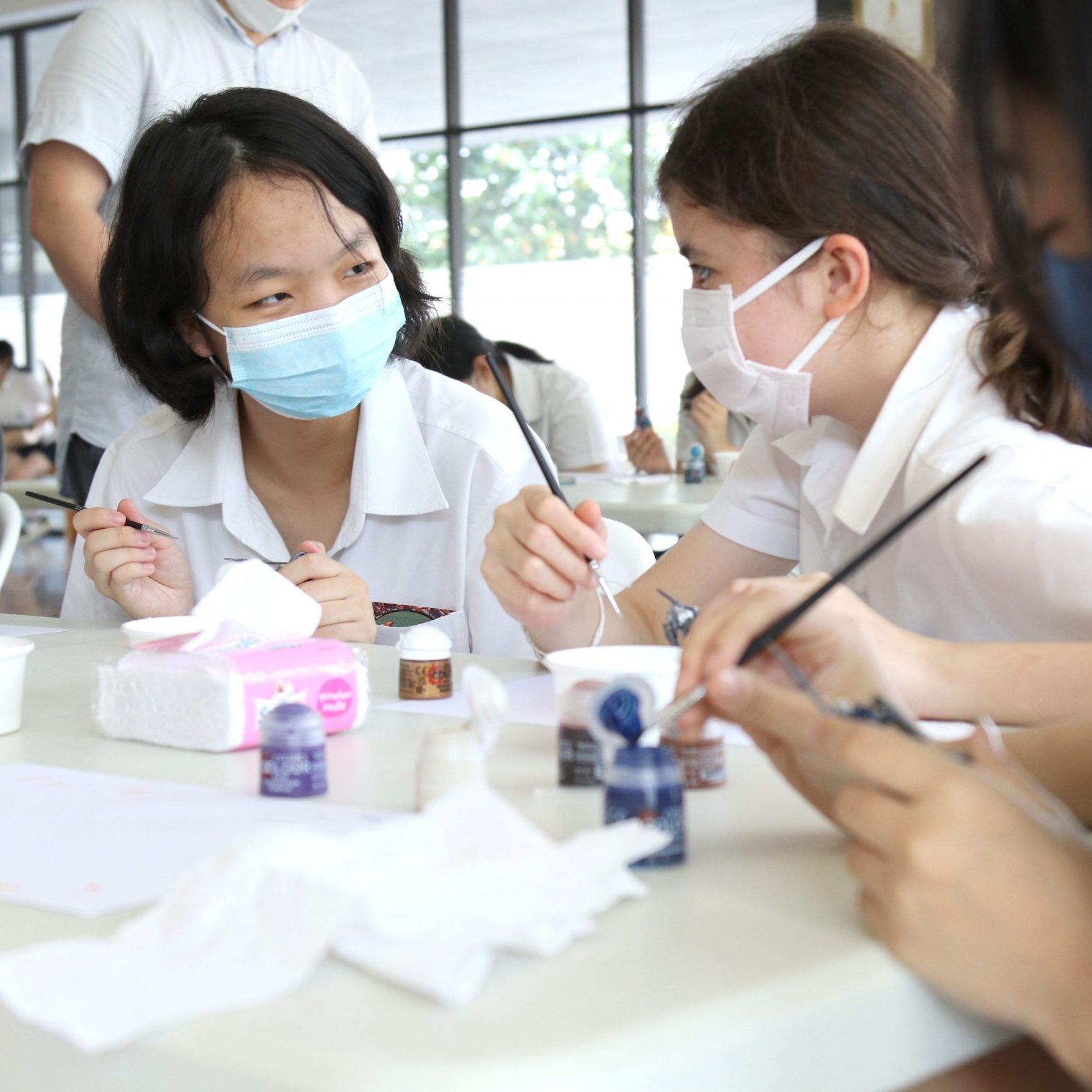Academics
▸
Cirriculum
Academics
▾
Academic Profile
Curriculum
Graduation Requirements
University Matriculation
Departments
Calendar
Curriculum
The MUIDS curriculum sets six educational goals for students. These goals are known as the ESLO’s (Expected Schoolwide Learner Outcomes). They shape students’ understanding of what they learn at MUIDS and help them develop the skills and character they need to become effective and ethical leaders.
At a Glance
93RD
Percentile rank out of all students in Thailand
85TH
Percentile on A.P. Calculus Exams
80%
of 2017 graduates attend top-tier Thai Universities
37%
of graduates attend Mahidol University
Explore the Curriculum
More
